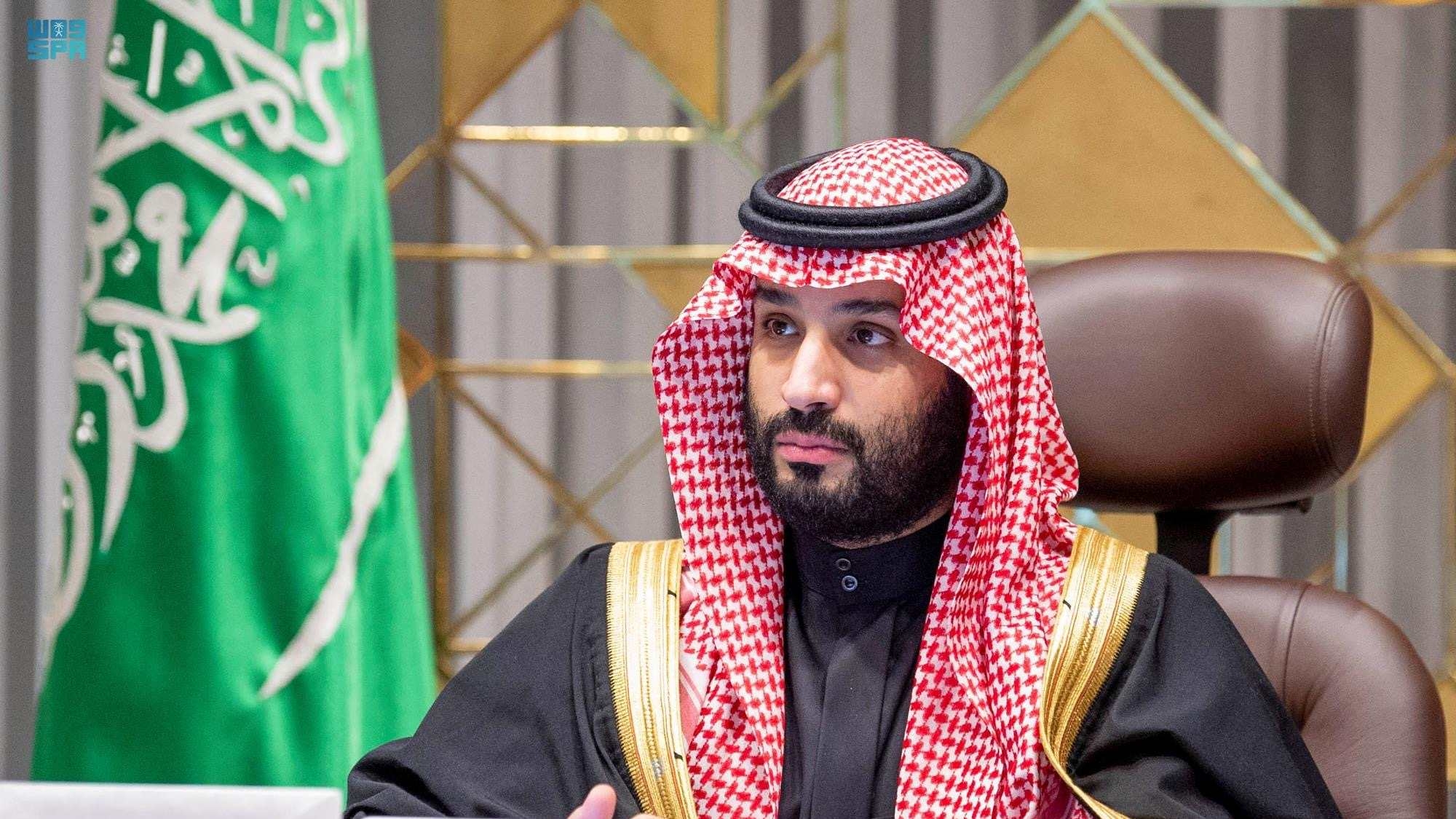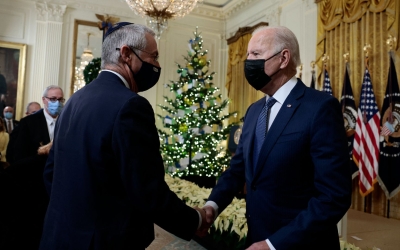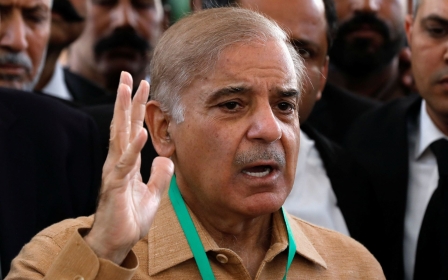US stops asking Saudi Arabia to pump more oil, report says

The Biden administration has given up asking Saudi Arabia to boost its oil production after being repeatedly rebuffed, The Wall Street Journal reported, citing US and Saudi officials.
A senior US official told The Journal that, after abandoning efforts to get the kingdom to pump more oil, Washington is instead asking for Saudi Arabia to not do anything that would hurt the West's efforts in Ukraine.
Saudi Arabia is among several regional nations that have not imposed sanctions on Russia over its invasion of Ukraine, with Saudi Crown Prince Mohammed bin Salman, the kingdom's de facto ruler, recently offering to mediate peace talks.
Following the invasion, the US moved to ban imports of Russian oil and gas and isolate the country financially, helping to send prices at the pump soaring. In turn, the US turned to Saudi Arabia and the United Arab Emirates to boost production with the goal of driving down prices.
But both nations declined, with Crown Prince Mohammed, known by his initials MBS, reportedly ignoring President Joe Biden's phone calls.
Saudi Arabia, the UAE and Russia are key members of the Opec+ alliance of oil producers, which has so far stuck to an agreement to only marginally increase output each month.
The White House and the State Department did not respond to MEE's request for comment.
However, after The Journal's article was published, a White House spokesperson told the newspaper that the US had achieved several diplomatic gains with Riyadh, including the condemnation of the Russian invasion of Ukraine.
A Saudi official also told The Journal after initial publication: "Over the course of the last 77 years of Saudi-U.S. relations, there have been many disagreements and differing points of view over many issues, but that has never stopped the two countries from finding a way to work together."
Breaking point
The US-Saudi relationship has long been underpinned by the exchange of US arms and security guarantees for access to Saudi oil. But that relationship has reached a breaking point, officials told The Journal.
MBS is upset with Biden's refusal to recognise him as the de facto ruler of the kingdom, Biden's rhetoric on the country's human-rights record, the US failure to guarantee its security following a string of attacks led by Houthi rebels in Yemen, and the revival of the Iran nuclear deal.
After the administration released an intelligence memo blaming MBS for the murder of Washington Post and MEE columnist Jamal Khashoggi, the White House appointed Defence Minister Lloyd Austin as the point man for MBS, while Biden maintained he would only deal with King Salman.
Biden has yet to meet MBS - or his father, King Salman - in an official capacity. Now, Saudi officials have told The Journal that not even a state visit would be enough to resolve the tensions.
The newspaper also reported on Tuesday that shortly after Biden became president, MBS shouted at White House national security adviser Jake Sullivan after he brought up Khashoggi during an informal meeting.
However, a White House spokesman and Saudi official denied this, telling The Journal after publication of its article that the meeting was cordial, and there was no shouting.
Middle East Eye propose une couverture et une analyse indépendantes et incomparables du Moyen-Orient, de l’Afrique du Nord et d’autres régions du monde. Pour en savoir plus sur la reprise de ce contenu et les frais qui s’appliquent, veuillez remplir ce formulaire [en anglais]. Pour en savoir plus sur MEE, cliquez ici [en anglais].





